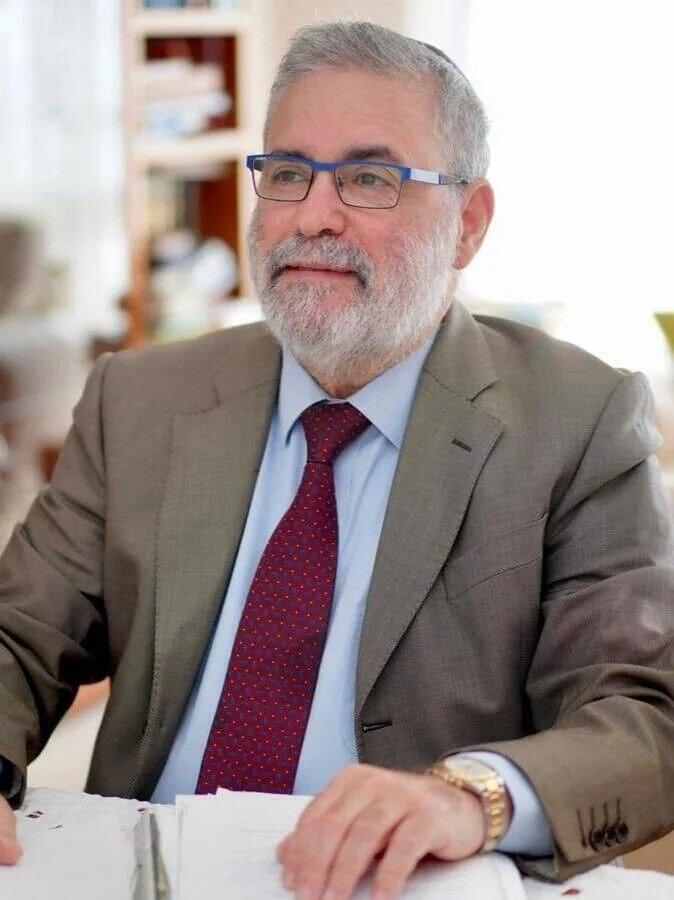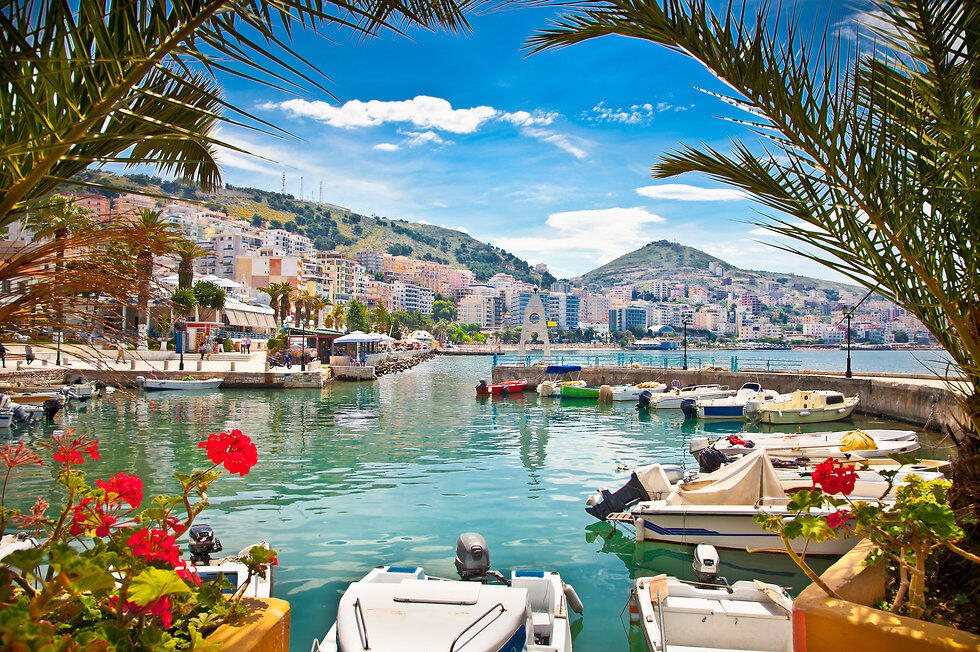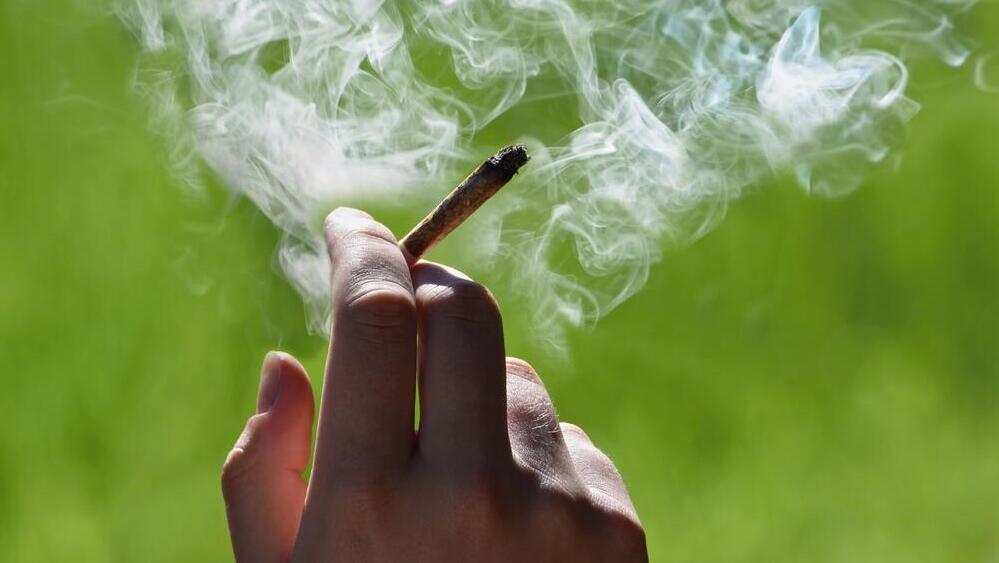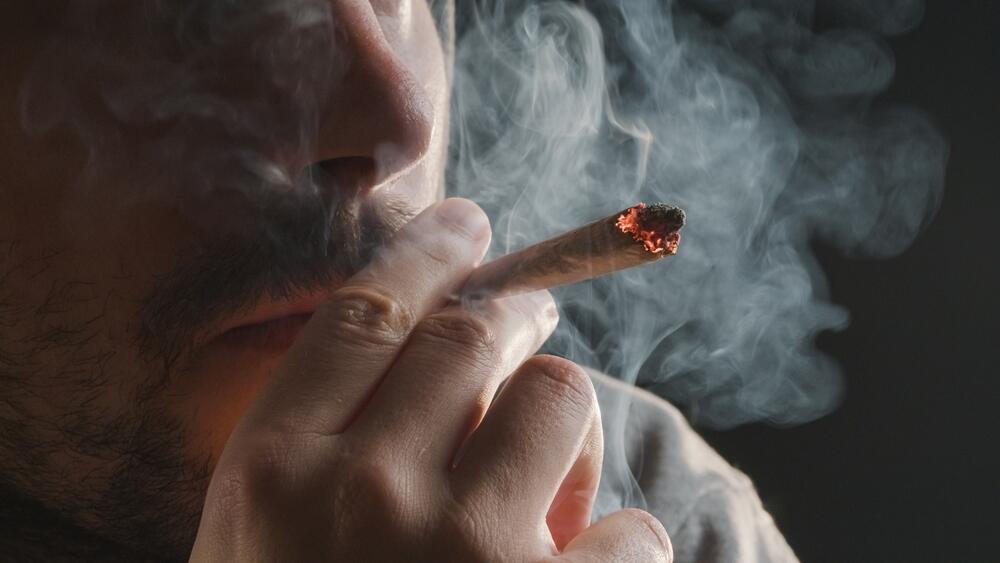Two 22-year-olds from a kibbutz in southern Israel have been held in Albania for seven months after medical cannabis was found in their possession, and their trial has yet to commence. The two traveled to Albania from Italy, spending a week in the country before intending to continue traveling to Greece.
Read more:
However, they were detained at the Kakavia border crossing by local authorities who found around 90 grams of medical cannabis in their possession. They both presented medical certificates indicating their lawful use of medical cannabis due to their medical condition and didn't attempt to hide the cannabis, assuming they would have no issue with it.
"This was the biggest mistake of their lives," said one of the Israelis' fathers. The Albanian authorities don't accept the two's explanation about the cannabis being used to treat their medical conditions and accused them of attempting to smuggle drugs.
Contrary to local procedures in the country, their case has yet to be heard in court, and an indictment in the Israelis' case was only filed about two weeks ago. Albanian authorities have also refused to release them for house arrest on bail, despite the Israelis' families providing the court with all required documentation.
The trend of young Israelis holding cannabis while abroad has become increasingly common in recent years. Most of them believe that if they have a medical certificate for its use, possessing it is legal and permissible, like in the case of any other medication.
Many countries, however, don't recognize these certificates and treat possession of cannabis as drug smuggling. Even in countries that are, in principle, willing to accept these certificates, possession often leads to complications that result in arrests. A high number of those arrested are only released after a lengthy process of verifying the authenticity of the documents and scrutinizing the law from all angles.
While Western countries generally adopt a more lenient stance on this issue, many governments worldwide have zero tolerance for the possession of cannabis like Russia, Thailand, and other Far Eastern countries.
The Foreign Ministry responded to the situation. "The case is known to the Department for Israelis Abroad and the Israeli Embassy in Tirana. The Foreign Ministry keeps in contact with the detainees' families. The Israeli consul in Tirana visited the Israelis to assess their condition and helped in transferring them to a different detention facility after the start of the war in Gaza after they were concerned for their safety.
"At the same time, official requests were issued to local authorities to continue ensuring their safety. The two individuals are receiving legal representation. It's important to note that the Foreign Ministry can't interfere in legal proceedings against nationals staying abroad."
Adv. Mordechai Tzivin, who specializes in representing Israelis detained abroad and represents one of the Israelis, said, "The prolonged detention of the two before their trial raises questions. I don't want to insinuate that the Albanian prosecution's considerations aren't purely legal, especially when it contradicts the orderly and appropriate conduct of law enforcement and human rights preservation in the country.
 Adv. Mordechai Tzivin
Adv. Mordechai Tzivin"The unusual Albanian action in this case could potentially harm tourism. I hope the authorities will handle the case as is customary in other cases in the country and all Western countries. I believe there's a place for the Foreign Ministry to warn the public about the risks of carrying medical cannabis when staying abroad, including medical cannabis."





